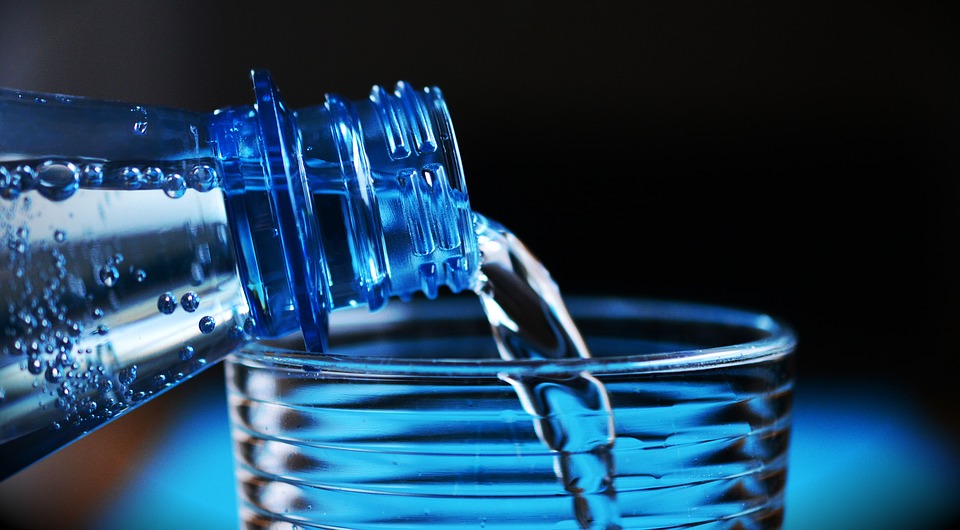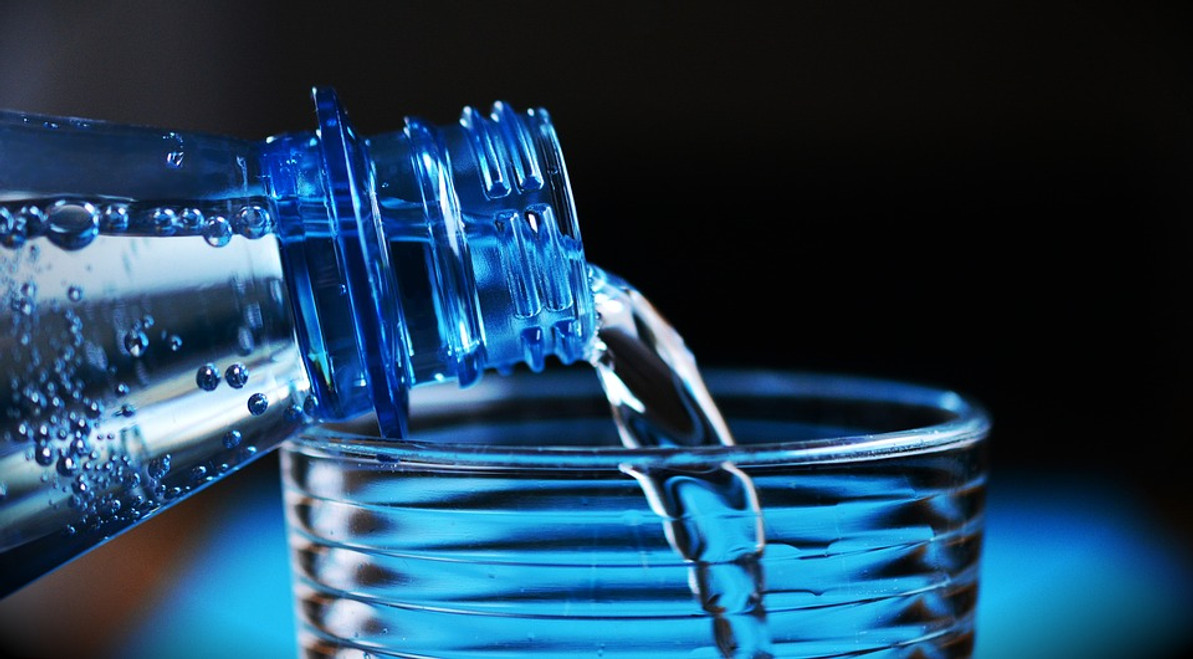Protecting Against Dehydration When Working Outdoors

If your job requires you to work outdoors, you should follow some basic precautions to protect against dehydration. While any worker can become dehydrated, regardless of where he or she works, those who work outdoors are more susceptible to this condition than their counterparts. This is because working outdoors under the hot summer sun causes the body to sweat -- and sweating results in the loss of moisture.
Wear Light-Colored Clothes
White, teal and other light-colored clothes reflect a greater amount of the sun's solar rays than dark-colored clothes. Therefore, you should consider wearing them when working outdoors. A black t-shirt is arguably the worst thing you can wear, as it absorbs sunlight while contributing to dehydration in the process.
Wear Light, Loose-Fitted Clothes
In addition to being light colored, your clothes should also be lightweight and loose fitted. Wearing a thick wool shirt or sweater, for instance, will only increase your risk of dehydration. Thick materials like wool reduce the rate at which heat escapes from your body. Rather than escaping your body, heat remains trapped under the clothes.
Drink Water... Lots of Water
Perhaps the most important tip to protect against dehydration when working outdoors is to drink water, lots of water. Most experts recommend drinking eight 8-ounce glasses of water per day. If you work outdoors, though, this may or may not be enough. This is why it's a good idea to drink water throughout your shift. Your employer should set up water stations at the job site for you and other workers, which you can access to hydrate yourself.
Avoid Midday Sun
If possible, avoid working outdoors during the midday. Depending on the region, most areas in the U.S. are hottest between the hours of 3:00 a.m. and 4:00 p.m. Planning your work either before or after these hours will keep you cooler and more comfortable, thereby lowering your risk of dehydration. Of course, you won't always have the option of choosing when you work. If you do have this option, though, plan your outdoor work in earlier or later in the day.
Rest and Cool Off
If you begin to feel hot and fatigued, stop working and go inside to an air conditioned facility to cool off. Working through the "pain" will only increase the risk of severe dehydration and heat exhaustion. So, listen to your body, and if you feel fatigued, stop to cool off.
Recent Posts
-
Fire Safety in the Workplace: What You Need to Know
What steps are you taking to prevent fires in your workplace? According to the U.S. Occupational Saf …Aug 23rd 2023 -
Is It Safe to Go Jogging With a Cold Infection?
If you're suffering from a cold infection, you might be wondering whether it's safe to go jogging. T …Aug 22nd 2023 -
5 Safety Tips to Follow When Using a Powder-Actuated Tool
Powder-actuated tools are commonly used to join materials to steel and concrete. Also known as Hilti …Aug 20th 2023




